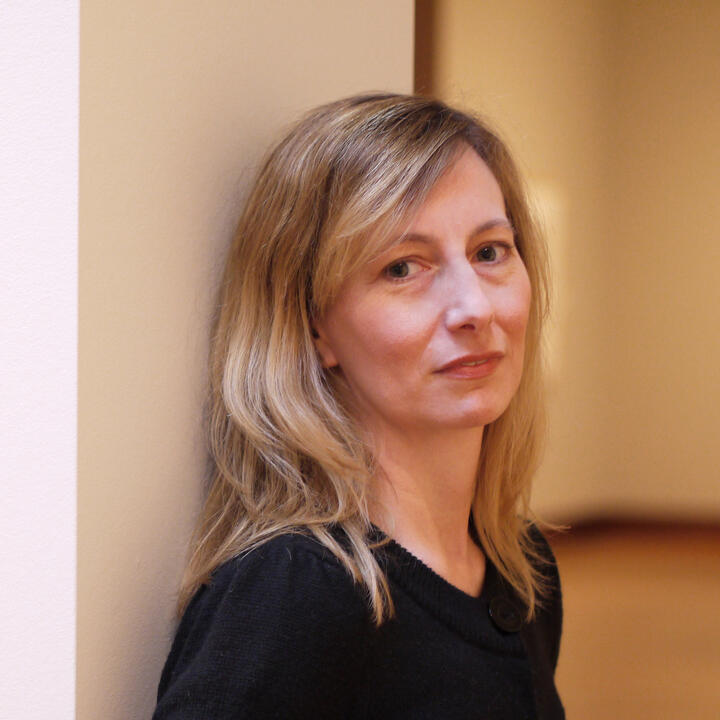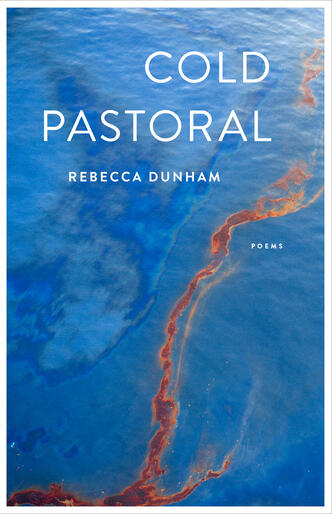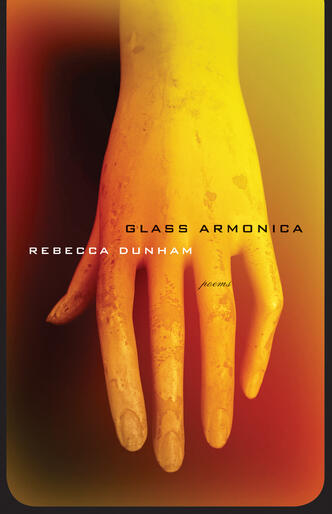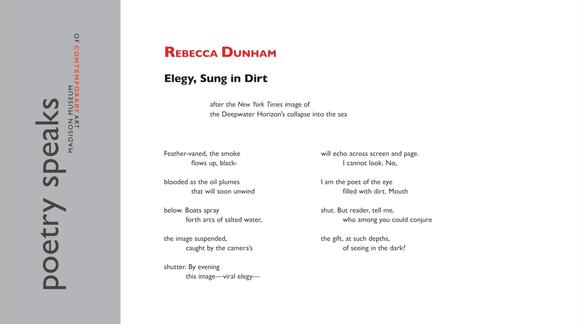Rebecca Dunham is the author of Cold Pastoral and three previous collections of poems, including Glass Armonica, winner of the 2013 Lindquist & Vennum Prize for Poetry, and The Miniature Room, winner of the T.S. Eliot Prize. Her poems have appeared in or are forthcoming from The Southern Review, Prairie Schooner, Kenyon Review, AGNI, and others. Her work has been supported through numerous fellowships, including a National Endowment for the Arts Fellowship, a Sustainable Arts Fellowship from the Vermont Studio Center, and the Ruth Halls Fellowship from the Wisconsin Institute for Creative Writing. Dunham holds an MFA in Poetry from George Mason University and a PhD in English from the University of Missouri. She is currently Professor of English at the University of Wisconsin-Milwaukee.



